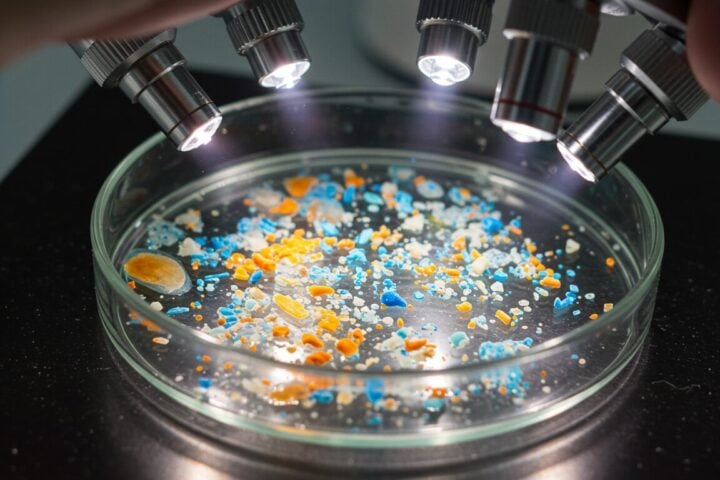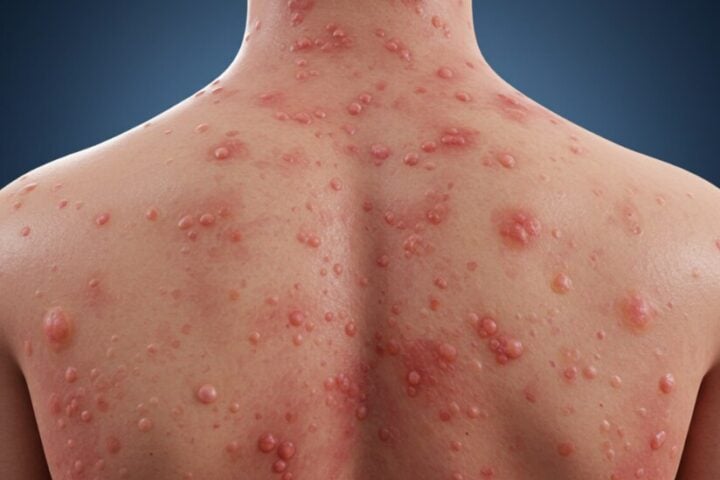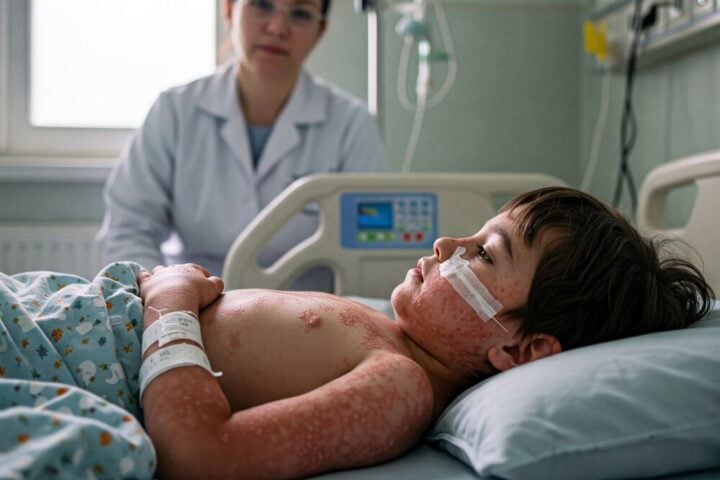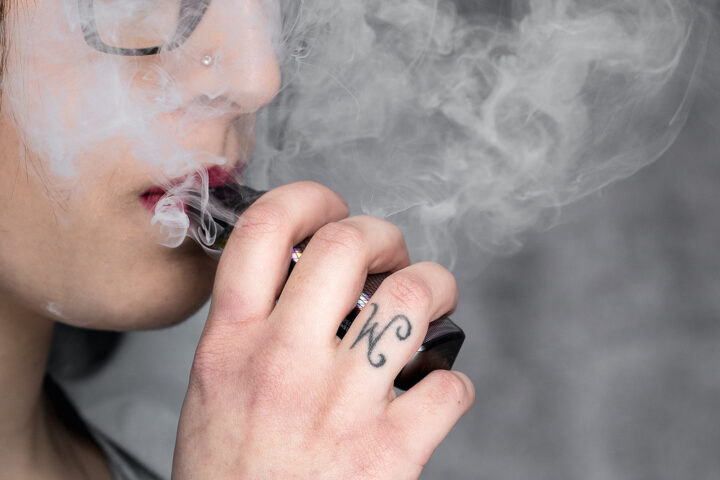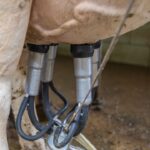The recent measles outbreak in Texas has claimed the life of a school-aged child – the first measles fatality in the United States in nearly a decade. Since late January 2025, Texas health officials have reported 146 confirmed cases, primarily in the South Plains region and predominantly affecting children under 18.
Outbreak Details and Vaccination Status
Of the 146 confirmed cases, 116 involve individuals under 18 years old. According to the Texas Department of State Health Services (DSHS), 79 cases occurred in unvaccinated individuals, while 62 had unknown vaccination status. At least five infected people had received the measles, mumps, and rubella (MMR) vaccine.
The outbreak originated in a West Texas Mennonite community and has since spread to neighboring states, including New Mexico. Over 150 people across state lines are now infected, according to CDC data.
Kennedy’s Response Draws Attention
Health and Human Services Secretary Robert F. Kennedy Jr., who has a history of vaccine skepticism, addressed the outbreak in a Fox News opinion piece published Sunday. He described the situation as a “call to action” while carefully framing vaccination as a personal choice.
“The decision to vaccinate is a personal one,” Kennedy wrote. “Vaccines not only protect individual children from measles, but also contribute to community immunity, protecting those who are unable to be vaccinated due to medical reasons.”
Kennedy did not explicitly recommend the vaccine but suggested parents consult healthcare providers “to understand their options to get the MMR vaccine.” His cautious approach contrasts sharply with former HHS Secretary Alex Azar’s statements during the 2019 measles outbreak, when Azar unequivocally endorsed vaccination.
During Trump’s first cabinet meeting last week, Kennedy claimed “measles outbreaks are not unusual,” despite measles being declared eliminated in the U.S. in 2000. He also incorrectly stated that two people had died in the Texas outbreak when health officials had confirmed only one death.
Historical Context and Vaccine Efficacy
Before the MMR vaccine’s introduction in 1963, the U.S. saw 400-500 measles deaths annually. From 1953 to 1962, the country averaged 530,217 confirmed cases and 440 deaths yearly – a fatality rate of 1 in 1,205 cases.
Studies show the MMR vaccine is 97% effective with two doses. Despite this proven efficacy, U.S. vaccination rates have declined for four consecutive years, falling below the 95% threshold needed to prevent outbreaks.
Similar Posts
The current Texas outbreak is the state’s largest in 30 years. Twenty patients have required hospitalization in addition to the one fatality.
Government Response
Kennedy has directed the Centers for Disease Control and Prevention (CDC) and the Administration for Strategic Preparedness and Response (ASPR) to work with Texas health authorities. HHS is providing technical assistance, laboratory support, vaccines, therapeutic medications, and outreach materials in Low German—a language commonly used in the affected Mennonite community.
“I have spoken with Gov. Greg Abbott and Texas health officials, committing to providing them any additional support they need to bring this outbreak to an end,” Kennedy wrote. “I have also spoken to the bereaved parents of the deceased child to offer consolation.”
Kennedy also mentioned alternative approaches, noting that while no approved antiviral treatment exists for measles, “CDC has recently updated their recommendation supporting administration of vitamin A under the supervision of a physician for those with mild, moderate, and severe infection.”
However, medical experts emphasize vitamin A should not be viewed as prevention. “Vitamin A is recommended for children diagnosed with measles to help prevent complications, particularly in children who are hospitalized,” said Dr. Sean T. O’Leary, chair of the American Academy of Pediatrics Committee on Infectious Diseases. “It should not be used to try to prevent measles, and high doses of vitamin A are potentially very harmful. The only effective way to prevent measles is the MMR vaccine.”
The Broader Public Health Concern
This outbreak occurs 25 years after measles was declared eliminated in the United States in 2000. Health experts attribute the resurgence primarily to declining vaccination rates fueled by misinformation. Kennedy himself has previously amplified debunked claims linking MMR vaccines to autism.

The U.S. reported 285 measles cases last year, the highest number since 2019. Before this recent death in Texas, the last U.S. measles death occurred in 2015, and the last child death was in 2003.
Kennedy concluded his op-ed by calling for collaboration: “By working together – parents, healthcare providers, community leaders, and government officials – we can prevent future outbreaks and protect the health of our nation.”



